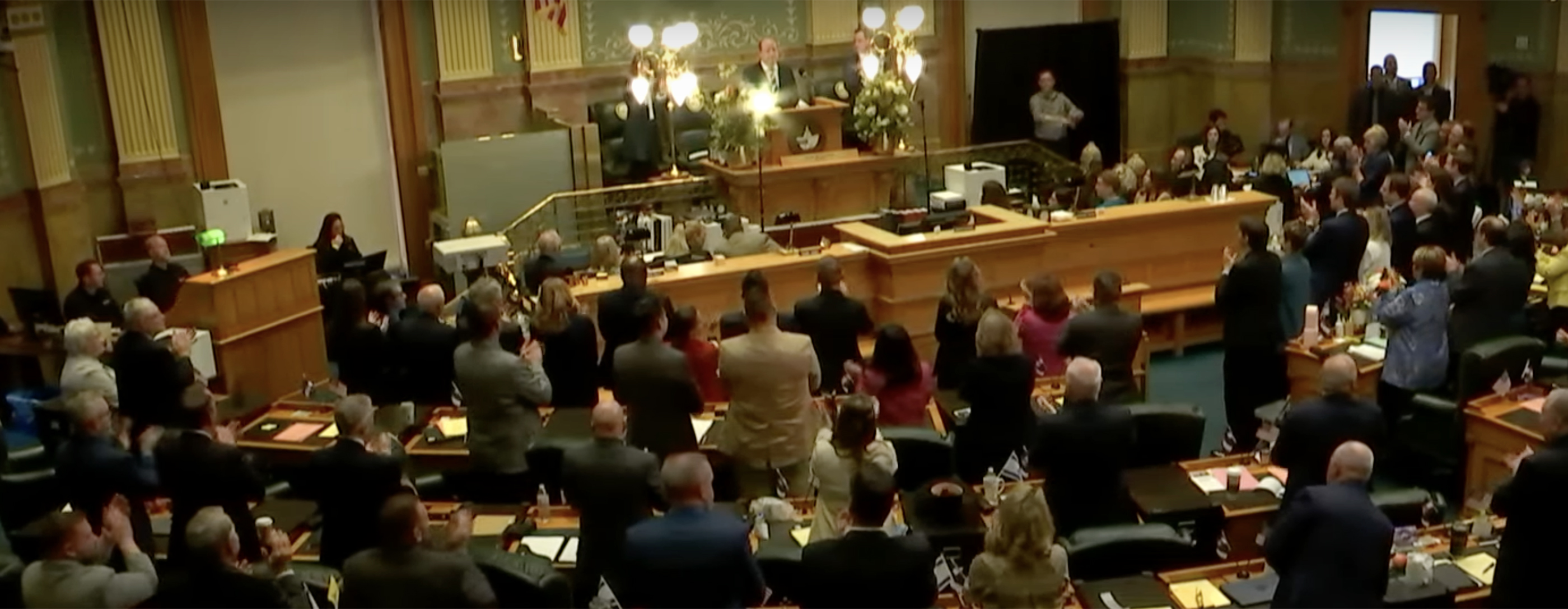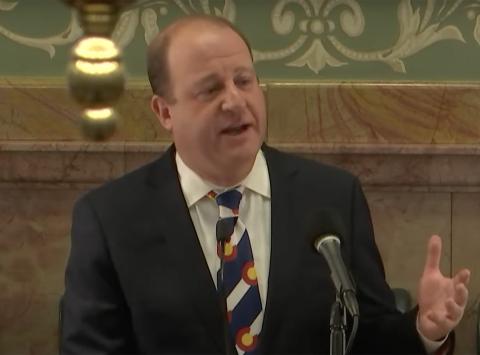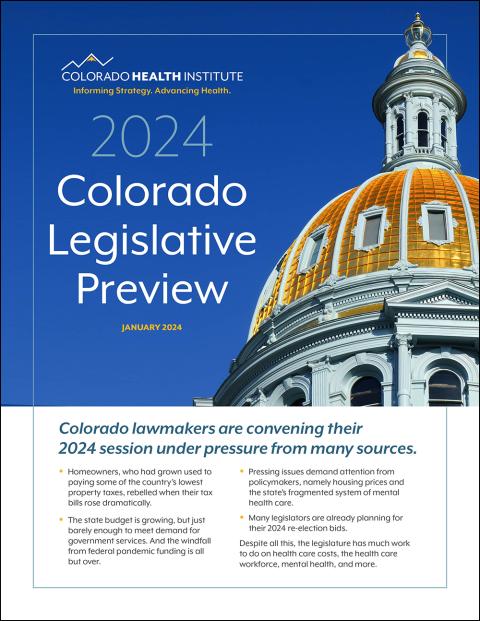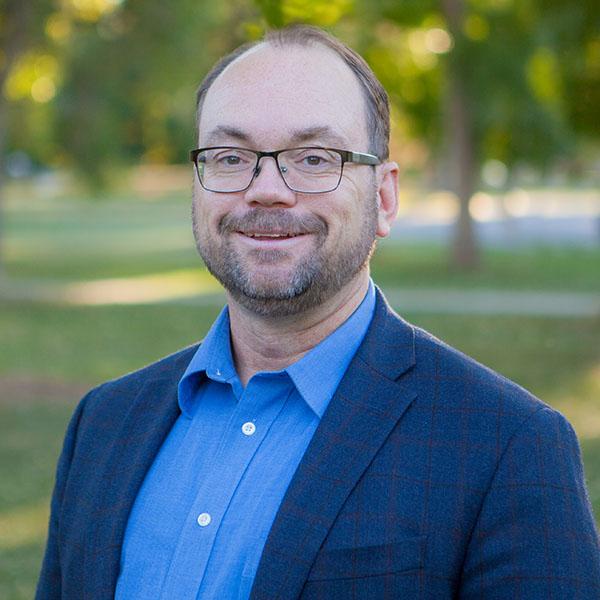
Colorado Gov. Jared Polis and the state’s senior legislators agree on at least one thing: Housing is the top issue for the 2024 legislative session.

Polis gave his State of the State speech on Jan. 11, a day after the lead Democrats and Republicans in the House and Senate gave their opening-day addresses. Traditionally, the speeches are a mix of rousing rhetoric and calls for specific policies they want to pass in the coming year.
The Colorado Health Institute tracks the legislature’s work on health policy with an eye toward ensuring that policy discussions are guided by sound data and analysis. As our understanding of health and the factors that influence it expands, we realize that more and more of the legislative debate has the potential to drive health outcomes.
Our read on the kickoff to this year’s session: many of the pocketbook issues that will dominate the session have the power to affect our health as well.

Top of Mind: Housing
Housing is a health issue. High housing prices cause mental stress and keep people from buying other essentials, such as nutritious food and health care.
Polis thinks denser housing and transit-oriented development are key to solving the affordability problem.
The governor and his Democratic allies tried last year to force cities to allow more multifamily housing, but local governments rebelled and the legislature rejected the idea.
- Granny flats: Both Polis and Speaker of the House Julie McCluskie (D) are backing a bill to require cities to allow homeowners to build accessory dwelling units. These units, also known as granny flats or casitas, can increase the housing supply if enough of them could be built.
- Transit-oriented development: Polis and McCluskie also called for more multifamily development around transit stations.
- Occupancy limits: Polis called for an end to occupancy limits for renters, which cap the number of people who can live in a unit. He backs a forthcoming bill by Reps. Javier Mabrey and Manny Rutinel, both Democrats, to lift occupancy limits.
- The subtext: Polis nodded to four guests during the housing portion of his speech — the mayors of Denver, Colorado Springs, Aurora, and Fort Collins. Most of his ideas encroach on land use and zoning, which is local governments’ turf. Polis would like Colorado’s big cities to buy in to his ideas, but he made it clear he will use his bully pulpit if needed. “The state is putting our skin in the game and doing our part to solve the housing crisis. And with your partnership, we can build on that progress,” Polis said.
- Republicans’ answer: Senate Minority Leader Paul Lundeen (R) called for changes to Colorado’s construction defects law, which builders say discourages condo construction. Many attempts to change the law in past years have failed. Public policy alone can’t solve the housing crisis, Lundeen said. “The solution to affordable housing necessitates hundreds of billions of dollars of investment, which are currently flowing into homes in other states,” he said.
Few Words on Mental Health
Colorado is facing significant unmet needs for mental health care, but state leaders had little to say about the topic for 2024 — or about health care in general.
- I Matter: Both Polis and Senate President Steve Fenberg (D) threw their support behind making the I Matter program permanent. The program offers six free behavioral health visits for any child in Colorado, mostly through telehealth.
- More money: Polis pointed out that his budget calls for more spending on rural mental health access, autism care for youth, and help for youth during mental health crises.
Firearms Safety: One New Idea
Polis, McCluskie, and Fenberg all cited firearms bills passed in 2023 that raise the age to buy a gun and crack down on homemade “ghost guns.” Those bills are tied up in lawsuits.
This year, Polis pledged more resources for the Colorado Bureau of Investigation to keep people convicted of felonies from buying guns. And Fenberg backed a bill on the same topic, Senate Bill 3, by Sen. Tom Sullivan (D).
Getting Along
Every speechmaker this week, including House Minority Leader Mike Lynch (R), talked about civility and respect. The 2023 session was marred by intraparty sniping among Democrats and delay tactics by Republicans that forced the House to work many nights and weekends, which led to frayed tempers.
“Our very democracy depends on people being able to disagree with one another — passionately, emphatically — and still being able to work together with mutual respect and dignity,” Polis said.
- Closing thought: Legislative leaders spent a lot of time talking about how they relate to each other. If they continue having to talk about how they work together, rather than what policies they want, then the 2024 session could be a difficult one.
We hope that’s not the case. The policies they are debating have the power to create a healthier Colorado. And that’s something we can all agree on.

